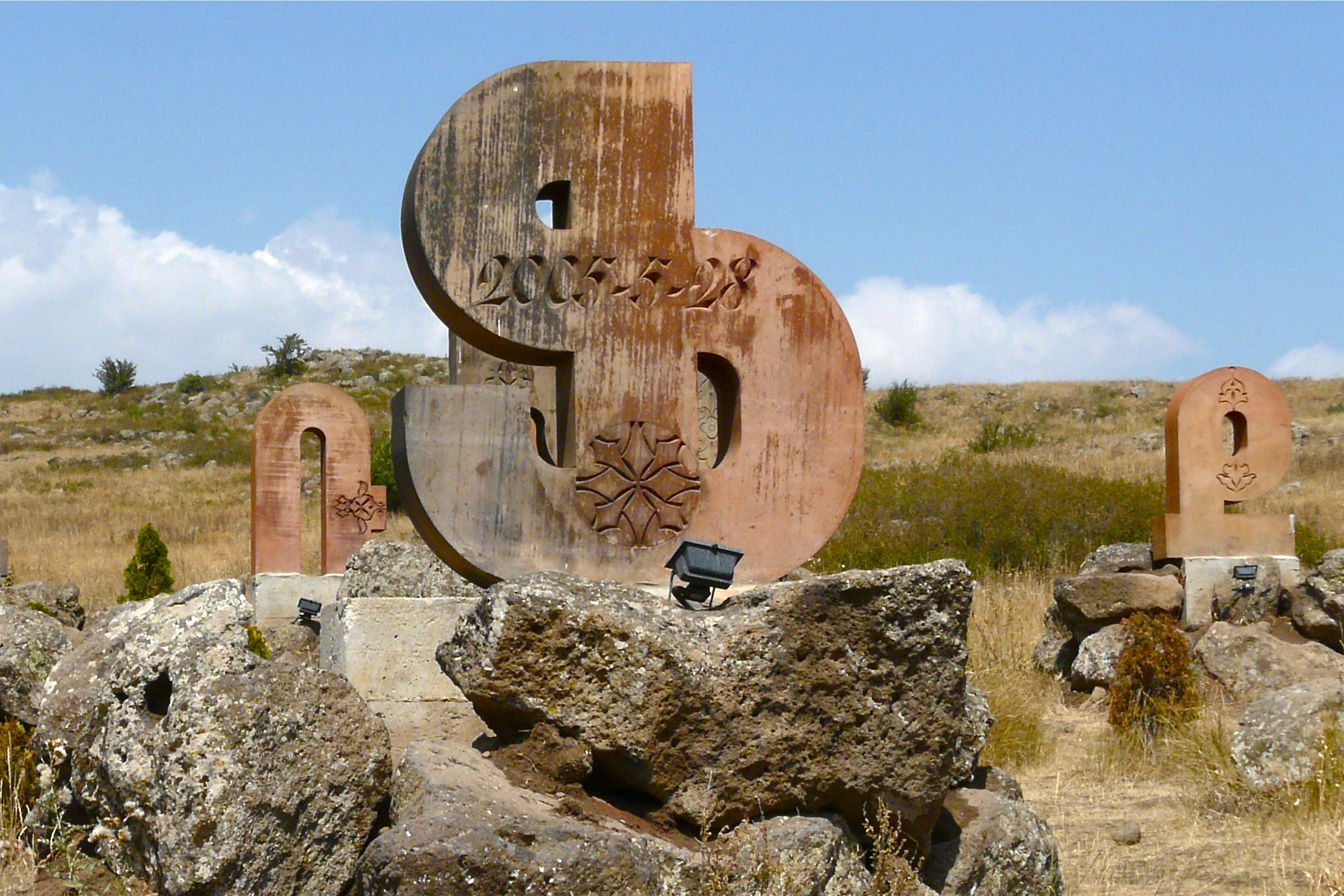Languages in and around Armenia
As of November 2020, the territories where native Armenian speakers live have become smaller. Azerbaijan, backed by Turkey, launched a war against the unrecognized territory of Artsakh (also known as Nagorno Karabakh), inhabited by ethnic Armenians. As a result, a large part of Artsakh was given to Azerbaijan, and ethnic Armenians had to leave their homes. Many of those displaced families had roots in the area reaching back centuries.
Being displaced from ancestral homelands is no news to Armenians. Within the past two hundred years Armenians have been through a genocide, various massacres and pogroms by Turkey and Azerbaijan. There is even a word for “eviction of Armenians” in Armenian – հայաթափում (“hayatapum”), where հայ (“hay”) means “Armenian” and թափում … ↪


